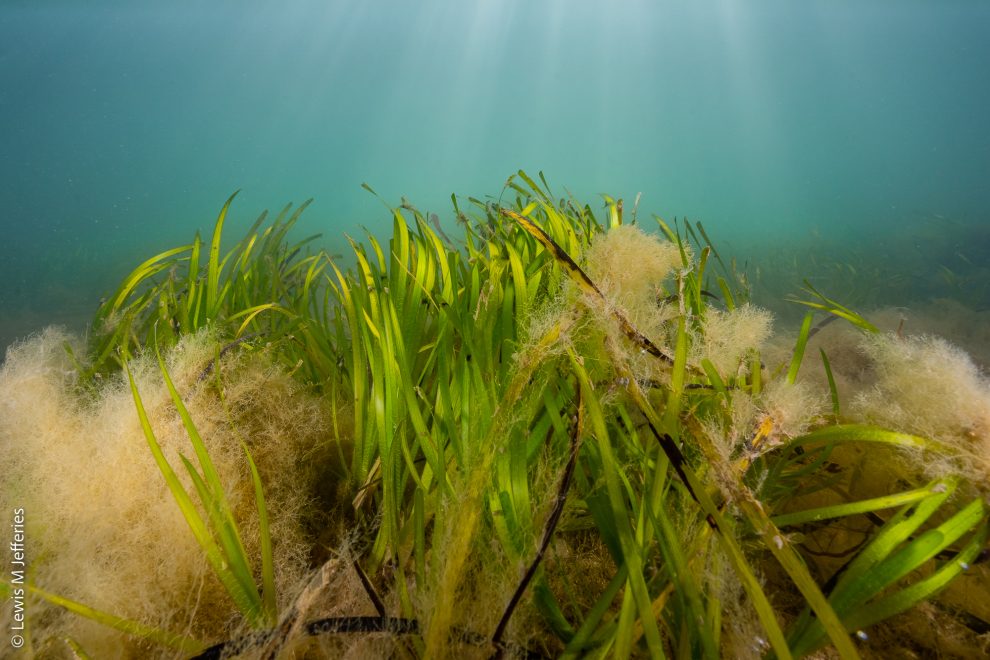In a new study, an international team of academics have identified the most important questions that must be answered in order to advance the conservation and restoration of seagrass meadows in Europe.
Seagrasses play a vital role in our oceans by storing carbon in the seabed, enhancing biodiversity, filtering water, and reducing coastal erosion, but despite their ecological significance, they have faced widespread decline across the continent.
Renewed initiatives are underway to revive these meadows, however, substantial knowledge gaps hinder progress.
In recognition of this, a diverse panel of 35 scientists from 18 European nations have come together to help prioritise urgent research needs amid limited research funds.
Led by Dr Richard Unsworth of Swansea University and Dr Lina Mtwana Nordlund of Uppsala University, this work has been supported through the Horizon 2020-funded project EuroSea in conjunction with the Global Ocean Observing System, a programme led by the Intergovernmental Oceanographic Commission (IOC) of UNESCO.
Researchers collected almost 300 questions submitted by seagrass experts from European universities, government bodies, industry and environmental non-governmental organisations.
From this, the panel selected the top 100 questions based on importance.
Published as part of a study in Plants, People, Planet, a leading journal of the New Phytologist Foundation, the questions demonstrate how marine scientists across Europe see the fight against climate change and biodiversity loss within our oceans as much as on land.
Dr Unsworth, Chief Scientific Officer of the marine conservation charity Project Seagrass, said: “Our paper emphasises the need to increasingly focus marine research efforts on conservation and restoration, which is vital for identifying applied solutions that can be developed to reverse the degraded state of our European coastal seas.”
It also highlights regional disparities in science funding, underscoring the need for more collaborative and interdisciplinary seagrass research efforts.
Dr Nordlund said: “We as a research community believe that answering these 100 priority questions will place European seagrasses on a positive trajectory of recovery and accelerate seagrass conservation.”
Moreover, the study shows how an inclusive, international exercise can be used to identify diverse research questions.
Lead panellist Dr Sieglind Wallner-Hahn of Uppsala University said: “One of the most significant steps of this study is the high level of inclusivity of partners from all corners of continental Europe; a challenge is ensuring that such partners can play a part in answering these questions and securing a future for their local seagrass meadows.”
Panellist Professor Jim Bull of Swansea University added: “My work is solution-driven and needs to directly address the challenges marine ecologists and conservationists face across Europe. A strength of these questions is their interdisciplinary content and an acceptance of the need to bring scientists from diverse backgrounds together to find the knowledge to bring our European seas back to life.”


















